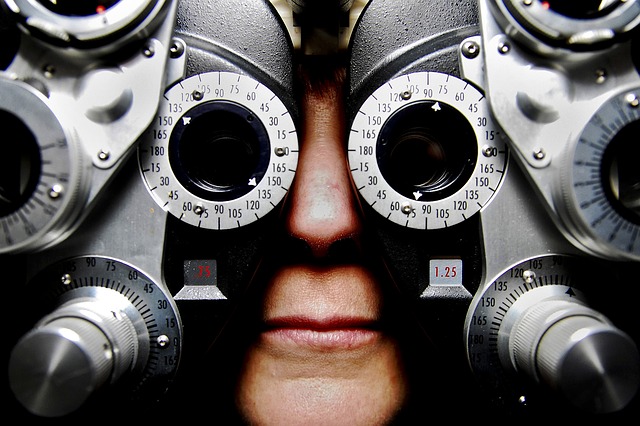Is a 'Cure' for Blindness Worth $1 Million?
By Sarah Zhang,
The Atlantic
| 12. 27. 2017
Some blind people are questioning how the first gene therapy to treat inherited blindness has been valued.
Among blind people, says Kim Charlson, asking if you’d prefer to see always starts a lively debate: “Every opinion is going to be different.” Charlson, who lost her sight at age 11 and now is president of the American Council of the Blind, says she would hold out for full color vision. Others might settle for seeing in blurry black and white. And yet other blind people might have no desire to see at all.
For a small number of blind people, this hypothetical question recently become a real one.
Last week, the Food and Drug Administration approved Luxturna, the first gene therapy to treat a specific form of inherited blindness called Leber’s congenital amaurosis. In fact, it’s the first gene therapy to treat any inherited disease at all. The news has been universally hailed as a scientific breakthrough. But its stratospheric cost—potentially $1 million per patient—has provoked hard questions about the value of the ability to see, especially if its...
Related Articles
By Bernice Lottering, Gene Online | 11.08.2024
South Africa’s updated health-research ethics guidelines, which now include heritable human genome editing, have sparked concern among scientists. The revisions, made in May but only recently gaining attention, outline protocols for modifying genetic material in sperm, eggs, or embryos—changes that...
By Carl Elliott, The New York Review of Books | 11.21.2024
Photo "Traces of Willowbrook" by Matt Green on Flickr (CC BY-NC-SA 2.0)
In academic medicine, as with Confederate statuary, the mighty are starting to fall. The names of physicians once celebrated for ethically questionable research are finally being removed...
By Tomoko Otake, The Japan Times | 10.17.2024
Screening embryos during in-vitro fertilization to select those with fewer genetic risks for common diseases and certain physical traits is technologically and ethically questionable, a group of researchers have said in a new study.
The Japan Society of Obstetrics and...
By Sara Moretto, The Varsity | 09.22.2024
It was 2020. I was wrapping up grade nine science with a solid 60 per cent, hoping that if anyone saw my failed tests in the recycling bin, it would contribute to an air of mystery about me. This reason...




